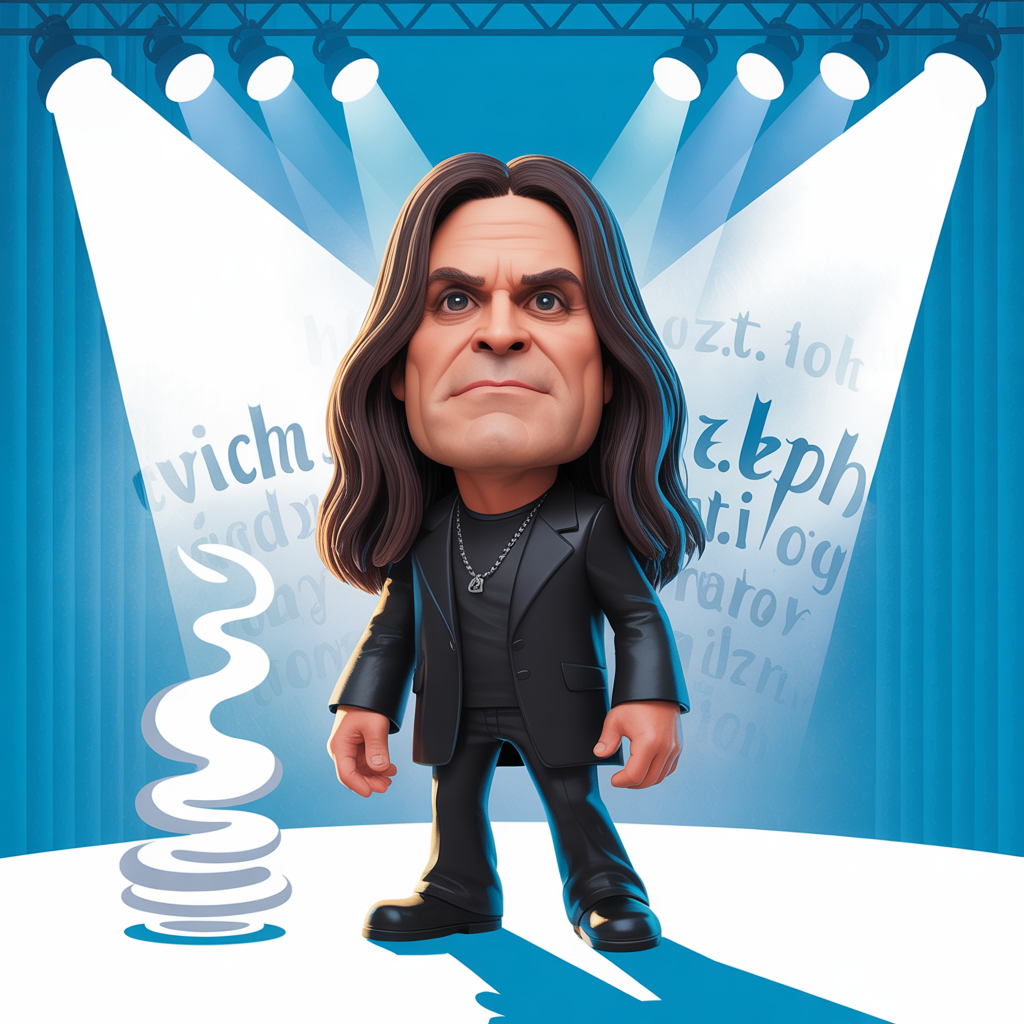Beyond the Bat: Nonprofit Leadership Lessons from Ozzy Osbourne
Ozzy Osbourne's passing marks the end of an era. His tumultuous and undeniably impactful career offers some surprisingly relevant, albeit unconventional, lessons for those of us navigating the complex world of nonprofits.
Maybe you’ve even told yourself, “I need someone to show me the things in life that I can’t find.” Maybe the nonprofit conventional wisdom hasn’t quite clicked for you. Why not look in an unconventional place for some fresh ideas?
So, let's look at what the "Prince of Darkness" taught us about resilience, authenticity, and the power of embracing your unique identity – even when it's messy.
Embrace Your Niche, No Matter How "Out There"
Ozzy, and his first major band Black Sabbath, didn't try to fit into the existing musical landscape.
They created a new musical genre that has inspired fifty years of head-banging and spawned thousands of musicians from garage bands to mainstays like Metallica and Gojira.
What does this mean for nonprofit leaders?
Be skeptical of the conventional. Too often, organizations dilute their mission or water down their unique approach to appeal to the broadest possible audience or secure funding that doesn't quite fit.
A conventional mission can be “safe” but is unlikely to inspire system-wide change.Instead: Ask yourself,
“What is our nonprofit's equivalent of heavy metal?”
“What distinctive problem do we solve?”
“What unique voice do we bring that others shy away from?”
Leaning into the unconventional could potentially attract deeply committed supporters, even if the mainstream tells you you’re going off the rails. Don't be afraid to be polarizing if it means being truly effective in your specific arena.
Resilience in the Face of Constant Adversity (and Self-Inflicted Wounds)
Ozzy's life gives us a masterclass in overcoming significant personal and professional challenges, many of his own making. He fell, got back up, and kept going.
He even had two “final” tours (but continued performing)!
What might that mean for you?
Let go of the perfect. Leaders often fear failure or admitting mistakes, leading to a paralysis that hinders growth and innovation. The desire to achieve perfection can be a significant blind spot and limit our results to the conventional.
Instead. Can you let go of the perfect and embrace mistakes as a way to ultimately achieve bigger results? Nonprofits face constant setbacks, funding droughts, the overhead myth, and other challenges, making risk-taking feel dangerous. But without risk, you can only ever achieve conventional results.
Ozzy's saga reminds us that genuine leadership isn't about avoiding mistakes, but about the sheer tenacity to keep moving forward, learning (eventually), and adapting. Transparency about struggles, when appropriate, can actually build trust and relatability.
Whether your mission is for the future of mankind or something less ambitious, resilience and an appropriate level of comfort with imperfection may serve you well.
The Power of a Strong Manager/Team
While Ozzy was the frontman, and the object of much fame and adoration, his wife Sharon Osbourne was undeniably the strategic mastermind.
She navigated his career through unimaginable highs and lows and brought stability to Ozzy’s life and their children’s.
The most effective nonprofit leaders recognize that:
You cannot do it all yourself. Many nonprofit leaders struggle with delegation. Some surround themselves with "yes-men." Others fail to empower strong, independent team members to take on major responsibilities, falling into the DIY trap of thinking that they must do all the things themselves.
Instead. Recognize your limitations and actively seek out individuals who complement your skills and can manage the operational complexities you might overlook. A powerful, trusted second-in-command isn't a sign of weakness; it's a foundation of strength for sustained impact.
In some of the most impactful organizations, nonprofit and otherwise, top leadership gets structured much like Ozzy and Sharon did. The Executive Director provides high level vision and inspiration, fundraises, and interacts with hundreds of people (or more) regularly. Meanwhile, the Chief of Staff (or COO) provides day-to-day oversight to the organization’s programs, fundraising, and administration.
Pro Tip: in smaller organizations, without the budget or need for full-time chief-level professionals, a fractional (part-time) leader can provide this kind of high-level partnership at a fraction of the price.
Authenticity, Even When Flawed, Resonates
Ozzy was undeniably himself, for better or worse. This raw authenticity, showcased even through reality television, connected with millions.
You can choose authentic or highly polished (but not both). The nonprofit sector can sometimes err on the side of sanitized, corporate messaging that lacks genuine emotion or personality.
Instead. Consider how people connect with real stories and real passion. While professionalism is paramount, don't shy away from the human element, the struggles, and the genuine heart behind your mission. Authenticity, even with its imperfections, builds stronger connections than carefully curated perfection.
Ozzy Osbourne's life was a testament to survival, reinvention, and the enduring power of a unique voice. As we remember him, perhaps we can, in our own way, channel a bit of that audacious spirit into tackling the immense challenges our nonprofits face, unafraid to be different and maybe even bark at the moon. When we are resilient in our purpose, and grounded by strong, capable teams we can accomplish so much more than we can by ourselves.
Rest in chaos, Ozzy. May your legacy inspire us to be boldly, unflinchingly ourselves in service of a greater cause.





